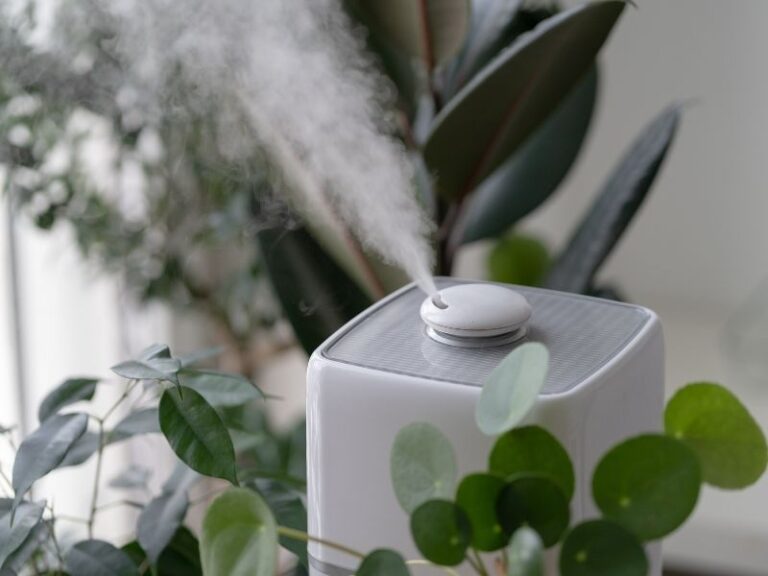
The comfort of a warm Fort Worth, TX, home feels inviting when chillier weather arrives. But is the air inside as clean as it seems? Invisible particles, odors and allergens can quietly fill your indoor

As fall temperatures in Irving, TX start shifting, homeowners are preparing their heating systems for the cooler months ahead. A well-maintained heat pump can provide efficient heating all winter, but improper care can lead to

Are you planning a new construction project in Irving, TX? One of the most critical decisions you’ll make involves your HVAC system. A well-planned installation not only provides comfort but also enhances energy efficiency, improves

It’s a sweltering summer day in Irving, TX, and your home feels more like a sauna than a sanctuary. You check the thermostat and it’s set to cool, but the air blowing from the vents

When your air conditioner smells like something’s burning, it’s unpleasant and potentially dangerous. In Fort Worth, TX, where summer highs often soar above 100°F, your air conditioner is under intense strain. In 2024, the Fort

Dallas homeowners, beware: your air conditioner is the only thing standing between you and dangerous heat as temperatures surge toward triple digits. In 2024, Dallas-Fort Worth saw 47 days over 100°F, and ERCOT warned of